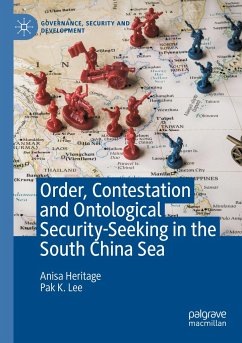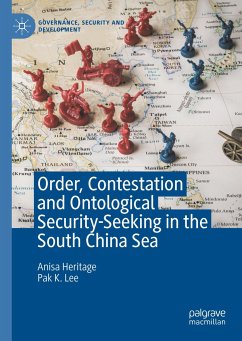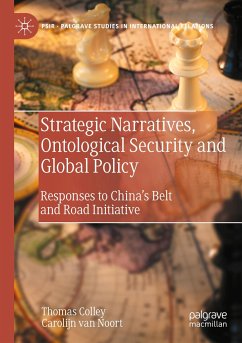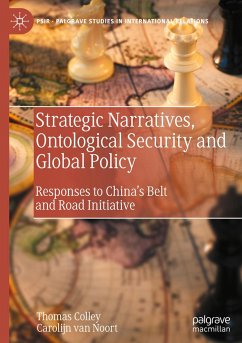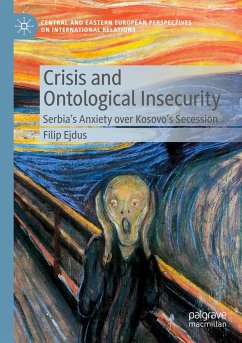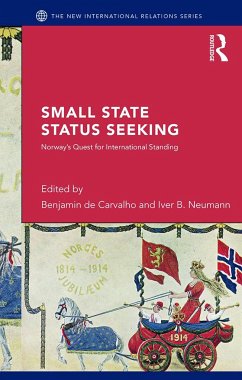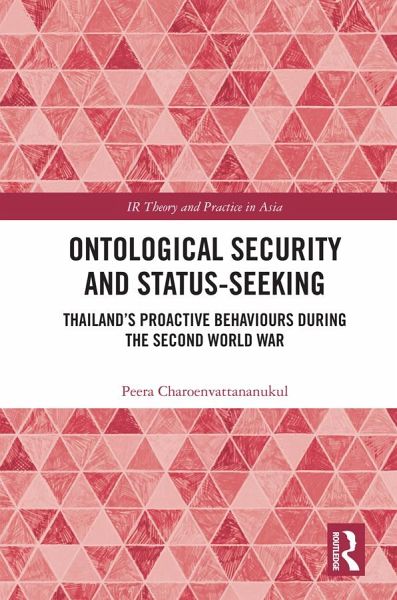
Ontological Security and Status-Seeking
Thailand's Proactive Behaviours during the Second World War
Versandkostenfrei!
Versandfertig in 1-2 Wochen
167,99 €
inkl. MwSt.
Weitere Ausgaben:

PAYBACK Punkte
84 °P sammeln!
How and why was it possible for a small state such as Thailand to challenge great powers France and Japan during the Second World War? Putting ontological security theory into dialogue with status seeking approaches, Charoenvattananukul uses a case study of Thailand in the early 1940s to interrogate the dynamics and logic of a small state foreign policy. During this period, Thailand's foreign policy can appear to be surprising, if viewed through a lens of survival imperatives which would assume that passivity towards more powerful states is the optimal policy. As the majority of states are sma...
How and why was it possible for a small state such as Thailand to challenge great powers France and Japan during the Second World War? Putting ontological security theory into dialogue with status seeking approaches, Charoenvattananukul uses a case study of Thailand in the early 1940s to interrogate the dynamics and logic of a small state foreign policy. During this period, Thailand's foreign policy can appear to be surprising, if viewed through a lens of survival imperatives which would assume that passivity towards more powerful states is the optimal policy. As the majority of states are small- and medium-sized it is very important to understand the imperatives that drive such states, especially in their interactions with great powers. In applying these frameworks to a small state, this book makes a unique and valuable contribution to the field of international relations theory. It will also be of great interest to scholars of twentieth century Thai history and of the Pacific Theatre of the Second World War.




